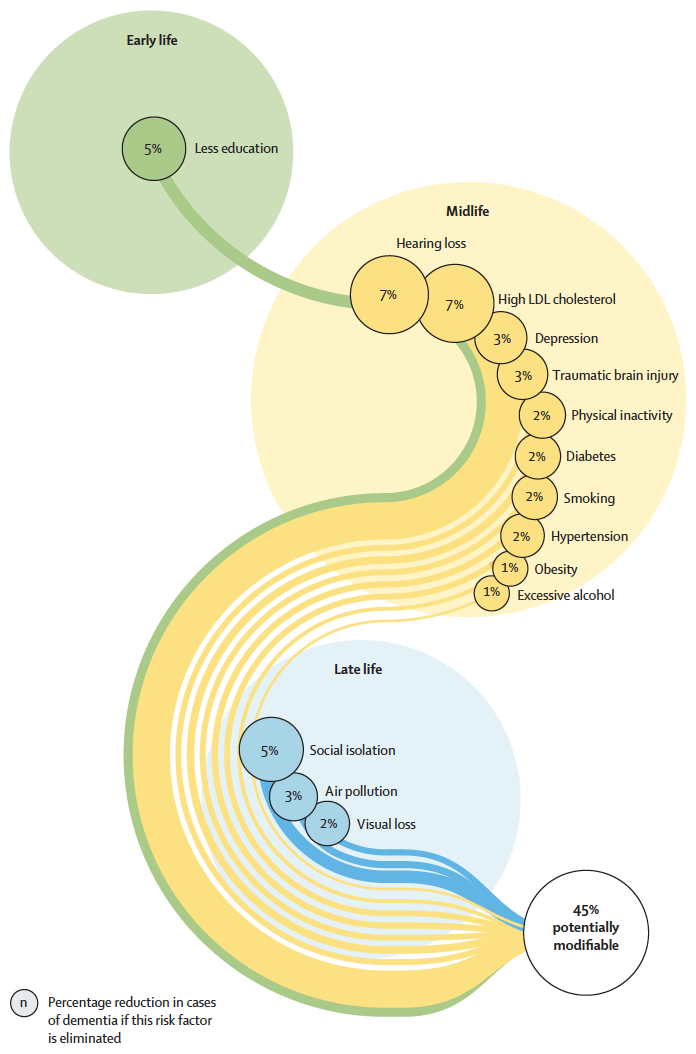
Mental Well-Being And Brain Health | 4 Things Every Professional Should Know
No doubt you agree that mental well-being is an essential part of overall health. But did you know that it is vital to brain health as well?
At Total Brain Health, our methodology for building better brainpower has always listed emotional balance as one of the three wellness interventions on the “Spirit” pillar of brain health. As we work to support COVID recovery in our communities, the role mental well-being plays in optimal brain vitality is even more essential – and it is information every active aging professional should know.
Here are 4 reasons why mental well-being is mission-critical to the work we do together:
Mental well-being boosts everyday thinking skills. Forgetting is frustrating and even upsetting. Yet rarely do we connect our emotional state to trouble keeping track of our things or spacing out on a conversation. We should! Decades of research confirm that anxiety, stress, and depression take a big toll on our ability to remember. Learning ways to maintain emotional balance can directly support important everyday thinking skills such as attention, memory, and other important everyday thinking skills. Here’s one example – there is strong evidence that mindfulness practices such as controlled breathing or meditation significantly boost several cognitive abilities, including attention, memory, and problem-solving. Teaching the critical connection between mental well-being and everyday thinking and providing pathways for emotional self-care should be a top priority of every cognitive fitness program.
Mental well-being supports cognitive vitality. Staying intellectually active has been proven to reduce dementia risk by as much as 63%. In addition, pursuing our passions or developing new creative interests boosts our chances to work out our cognitive skills and to socialize. Emotional distress decreases the likelihood we will keep stretching our minds. When we are anxious or blue, we may have a harder time getting to a class, making a trip, or going out with friends. Missing such opportunities robs us of this essential ingredient for continued cognitive health, potentially sharpening our risk for decline. Finding ways to support mental well-being can help ensure everyone in your community can robustly engage in intellectual and creative pursuits.
Mental well-being is needed for cognitive recovery. While the lockdowns and isolation strategies were essential to containing viral spread during the COVID-19 pandemic, reports show what we feared would happen, especially for those at greatest risk: Rates of frailty, cognitive decline, and emotional distress shot up. Given the proven links between wellness and cognitive health, all this puts everyone’s current and even future brain fitness at risk. What can you do? Make sure opportunities to build better emotional balance are part of your COVID-19 recovery plan. Look for ways community members can reflect on their experience, gain insight, and grow resilience. Doing so will provide everyone with ways to not only recoup better brain health but also improve overall well-being across body, mind, and spirit.
Mental well-being is critical to optimal aging. Optimal aging reflects our strong desire to stay healthy across body, mind, and spirit, so it may not be surprising that mental well-being is part of healthy aging. However, you may not have considered that psychological growth is also key to aging well. Experts have long recognized that in fact we never stop developing, with every stage of life bringing unique new ways we are asked to change. In later life, these challenges include accepting our older self, re-evaluating our roles and connections, recognizing our personal contributions, and considering our legacy. Failing to address these psychological tasks can impact our emotional health as well as our chances to age successfully. If supporting optimal aging is part of your company’s mission, it’s time to think forward to how that commitment needs to include opportunities that foster personal growth. Such concepts are so well-integrated across our culture for younger audiences – shouldn’t they be routinely available to us at every age?



